INTRODUCTION
Nehru spoke of a tryst with destiny in 1947. We all have our moment of arrival and a moment of departure in terms of the tryst with destiny called life: one, beginning with birth and ending or transitioning in death; and the other, in the shorter or longer sojourns in between. I came to Darjeeling in 1979 as a tourist/visitor for a couple of days and then on have come to ‘stay and leave’ a couple of times more: 1981-84; 1987-88; 1991-96; 2000-2009; 2016-2020 without really fully letting go, even while away, at least in terms of a reference point for one’s academic and administrative tasks entrusted or taken on. Darjeeling, therefore, features as part of those latter trysts with destiny that needs to unwind and merge with the former.
In the background of the destiny tied with Darjeeling ‘fare-well’ messages have had an intended pun – the double meaning of faring well and wishing fare well. One has to leave – as one’s calling and vocation demands – as we are all people on the move in a way to be ready to serve anyone, anywhere, anytime even as are civil servants. In our circles (of religious commitment) its rare to get such a prolonged access to one place and one people. I am immensely lucky and am happy I had this chance of getting to know and be with a ‘people’ as to make ‘people of Darjeeling’ – ‘my people’, and that in turn becoming eventually ‘we the people’; and for this long.1
Leave taking is painful. Especially at times when the circumstances in which it happens connects uniquely to the real meaning of fare-well. The aspiration behind the word ‘fare-well’ goes to say that Darjeeling hopefully can do better, ought to do better. When I arrived here first time I saw one type of situation in 1980s. Thereabout the winds of change began. Aspirations for something different, something better, perceptions of neglect, of being discounted gave rise to an uprising. Twenty years or two decades and more down the line, it seems to be withering away into insignificance yet again. People are duped as before – leaders become powerful over the weak and powerless before the strong. But this trend of a miniscule of the powerful, by way of weaponry, knowledge or wealth, leading the herd, as it were of a people, is a global phenomenon, and not necessarily only a contemporary phenomenon either.
The decisions of the elite, whether political, economic, religious or cultural, at any given point in time, is usually lived down or condoned and accepted tacitly, by the masses. However, a critique and an awareness of the pitfalls of such a situation, surfaces and finds its way to the recurrence of new and revised modes of political engagement in the society. However, one cannot but be optimistic and not see the incremental progress or positive outcome, not always in terms of external, material aspects, nor to the extent one would have wished, but nonetheless a change of affairs, resulting from the trust and acceptance of the political establishment and its state of affairs.
About the Author
George Thadathil SDB is Principal of Salesian College Sonada/Siliguri Campus, Darjeeling, West Bengal, India. His area of specialization is Cross Cultural Social Philosophy. He has organized various research seminars engaging local scholarship with contemporary concerns of identity, language and ethnicity.
He is the author of Vision from the Margin: Study of the Sri Narayana Guru Movement in the Literature of Nitya Chaitanya Yati (SNGM) (2007) and Darjeeling and Democracy (2023).

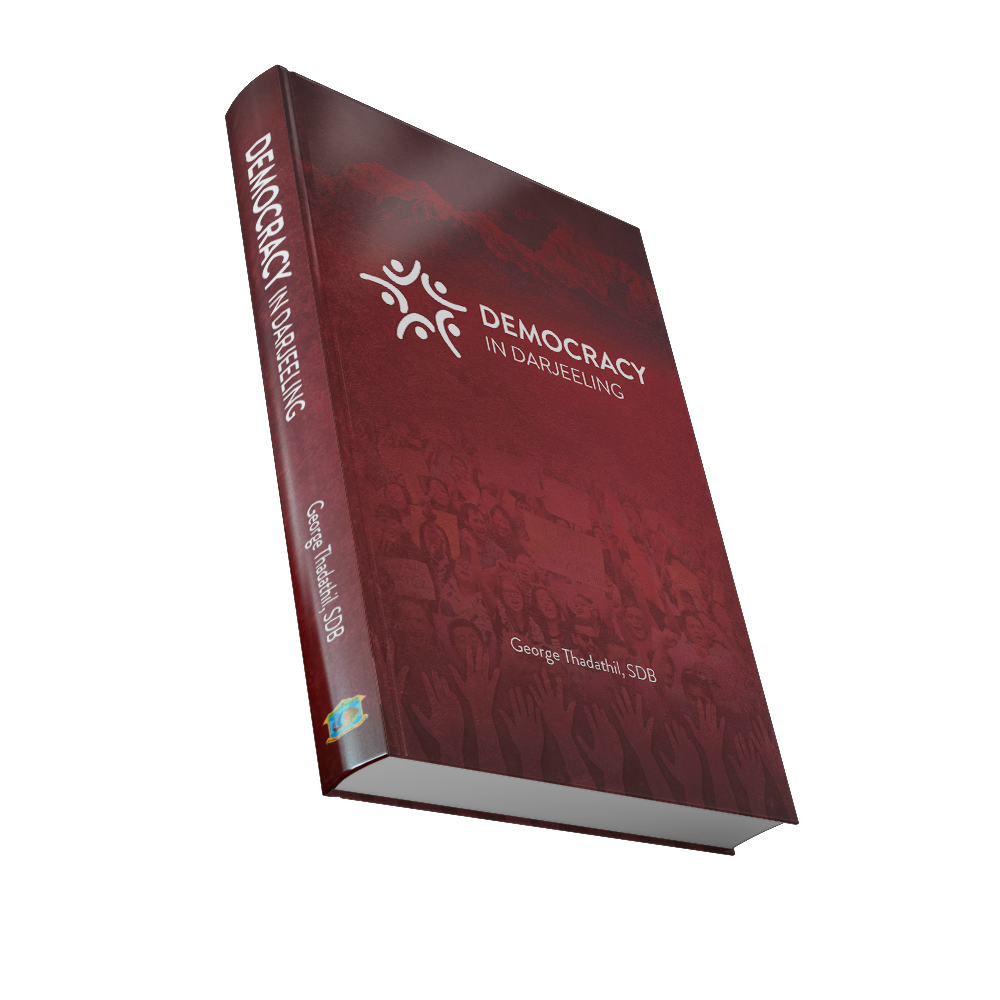
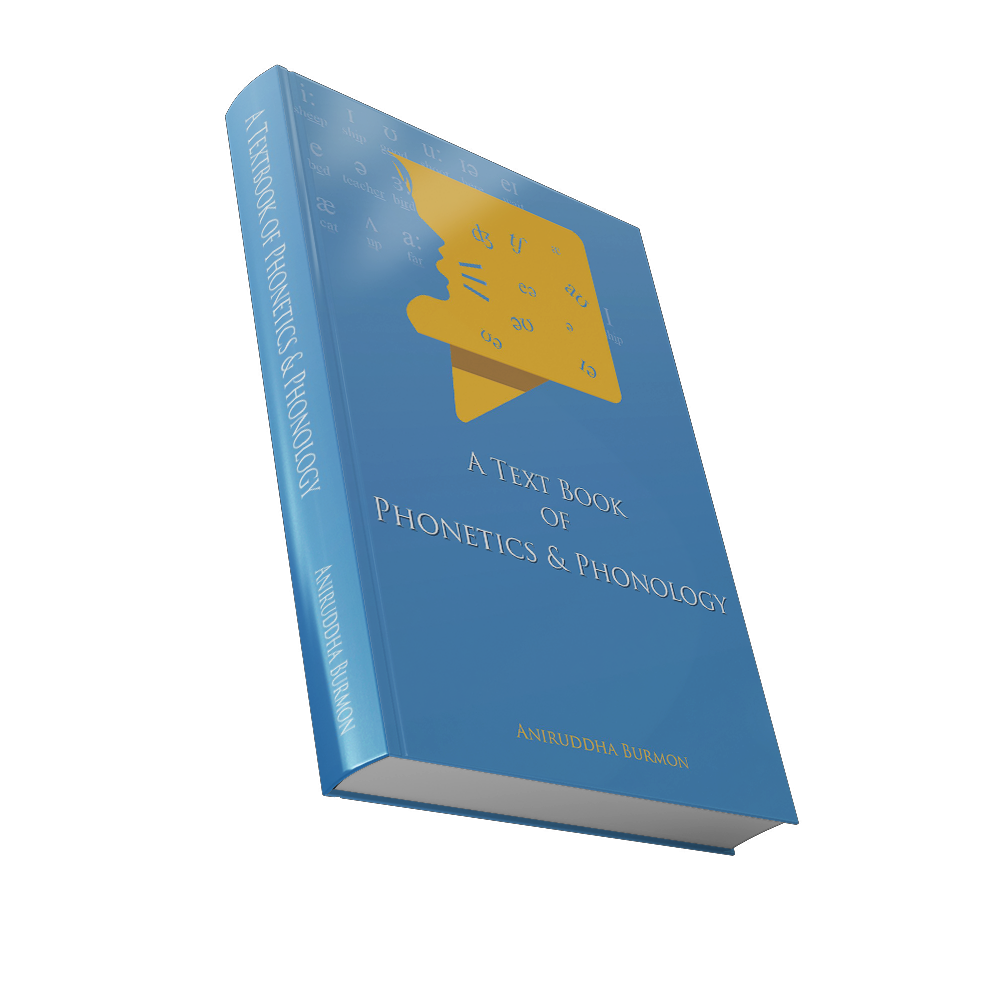

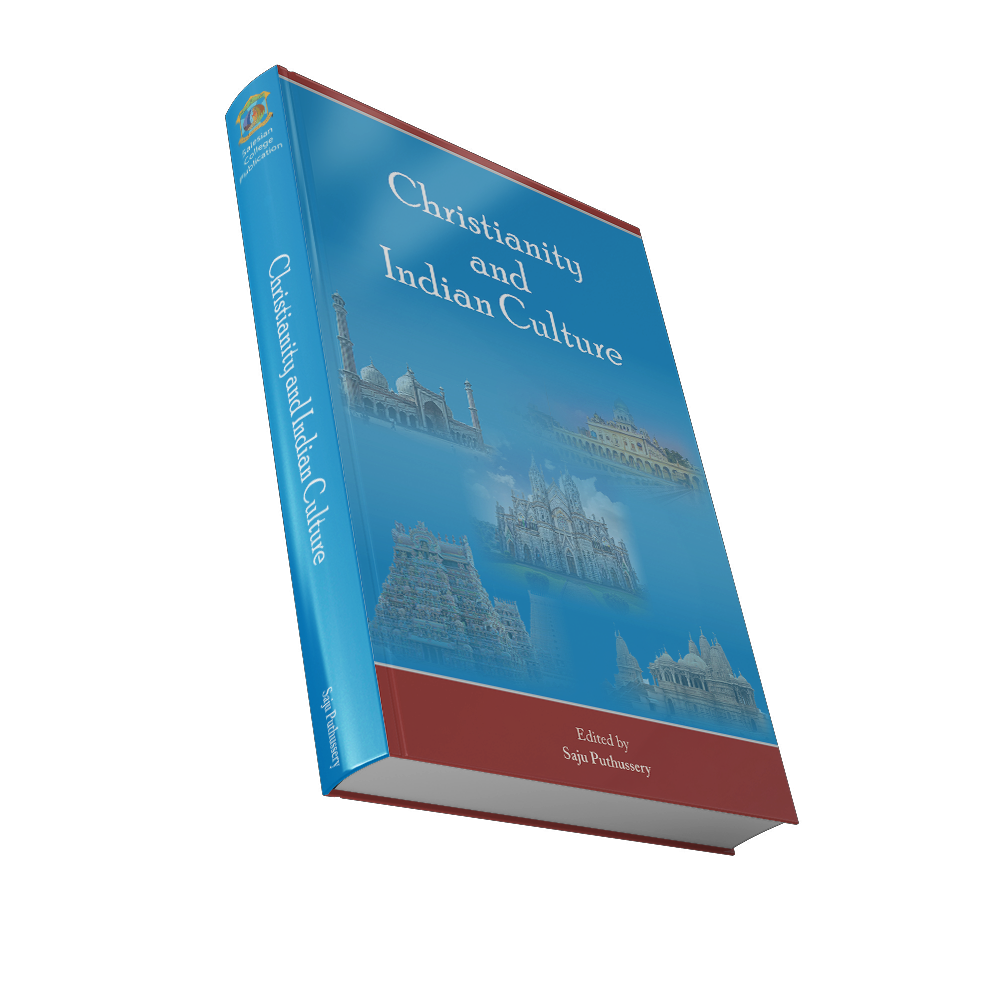
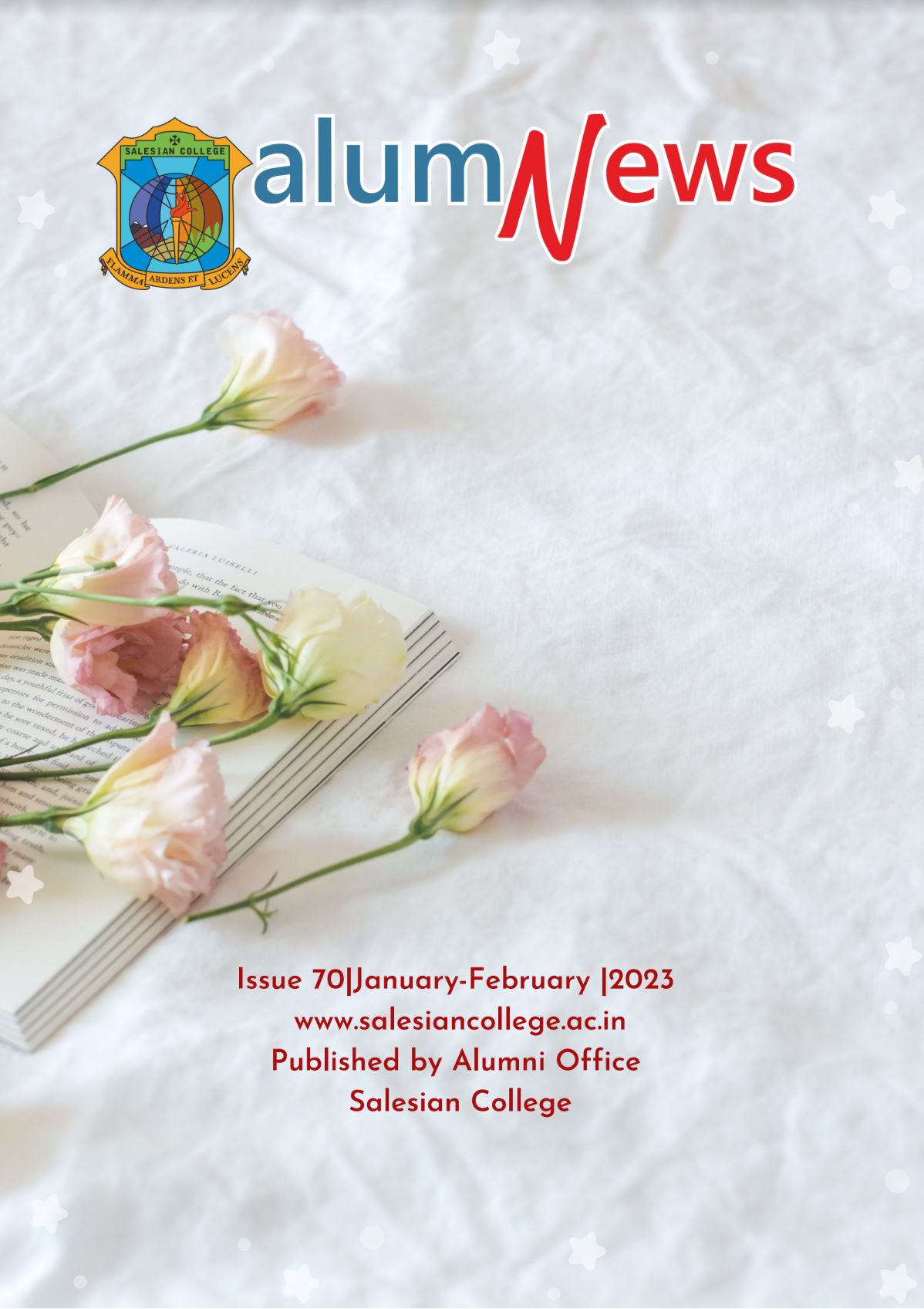

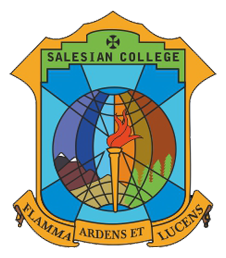

Salesian Publications –
George Thadathil, Democracy in Darjeeling, (Sonada, Siliguri, WB & New Delhi: Salesian College Publication, 2023) (ISBN: 9789382216346) Price: Rs 950/- (Available on Amazon through Penprints (Distributors)
Pawan Rai, Asst. Professor, Head, Dept. of Political Science, Salesian College Sonada (AUTONOMOUS)
A work of art and literature is a mirror which reflects social reality. This work of Prof. Thadathil is no exception, four decades of socio-political, economic, educational, cultural and religious history of Darjeeling has been carefully observed and critically analyzed from regional, national and international levels. One can draw a parallel between the literature produced by Crown servants on Darjeeling during British India and this particular work in terms of history written by a person of non-Nepali origin. Although with one fundamental exception i.e. the British Civil servants were dictated by their political agenda in writing the history of a place whereas in the latter case it is obsolete and absent. Perhaps, more neutral and purely academic in nature.
Democracy in Darjeeling is extensive text consisting of 14 chapters written over the span of two decades. Notwithstanding the articles were written on different subjects in different times, all subjects are closely intertwined and the consistent flow of arguments engages a reader throughout the text. A scholarly observation on pressing issues of identity which the region has been grappling with since the mid-1980s makes this work indispensable. The entire work can be divided into three categories; (a) Socio-cultural and historical (b) Political (Nationalism and demand for regional autonomy in the ambit of liberal democracy) and. (c) Religious and Educational.
The idiosyncratic feature of democracy is autonomy (Individual and Collective) and recognition. In liberal democratic polity like India demand for regional autonomy is legitimate. But the way in which the post-colonial nation building was carried out and the nature of Indian federalism makes such assertion inimical to nationalist ethos. In this context, the author explores the quest for regional autonomy across India. Substantiates identity and recognition as the causes of autonomy demand. Perceives assertion for regional autonomy of Darjeeling as the struggle for identity and equality.
The study of the role played by civil society institutions in democratization of Darjeeling Hills is perhaps the first of its kind which makes this work interesting. Role of religious, academic institutions and local self-help organizations deserve special mention for strengthening democracy at the grassroots level and crystalizing demand for autonomy in quest of equality and recognition at the state and national level. The existence of democratic practice in the region and unique family power equations which is absent in other parts of largest democracy is perceptively drawn attention to as significant. Moreover, the consent of family members in decision making process is emblematic of pluralism which reflects true nature of democracy in the region demonstrates the analytical brilliance of the author.
Study on religious history of Darjeeling is enriched by conflation of qualitative and quantitative data. It gives preliminary ideas to a reader about religious setup of the region. Lamaism, Lepcha, Rai, Sunuwar, Gurung, Limbu and Magars are projected as the major ethnic communities and their religious belief and practices have been highlighted in this work. The study also assesses dominant impact of Buddhism and Hinduism on these religions in pre-modern period and influence of Christianity in Modern times. For instance, influence of Christianity on especially the Lepcha Tribe as majority of them in the Hills are Christian.
The idea of Interfaith dialogue is another pivotal point of this work. In a diverse country like India where forces of homogenization is menacing the differences, interfaith dialogue which is a language of pluralism could be a plausible remedy to religious, cultural and linguistic homogenization. Similarly, in the sphere of education, overall assessment on significance of educational institutions in general and educational history of the Darjeeling in particular has been succinctly amplified to the benefit of the reader. In doing so it revisits the role of academic institutions in making the region a potential academic hub. The need for University from socio-cultural vantage point has been presented as it acts as a marker of development and recognition. Absence of recognition is a potential threat as it leads to extremist practices. Furthermore, geo-strategic location of the region makes the presence of a university essential. This longstanding demand of the civil society and the educational institutions of the region has been materialized in the recent past.
In nutshell, ‘Democracy in Darjeeling’ is a comprehensive compendium on Darjeeling. It delves into socio-economic, religious, cultural and educational condition of the past and ponders upon the prospect for better future. Although the issues under scrutiny are many and of varying density the quality has not been compromised. Significance of dissent voices and the absence of it in the region and open advocacy for secular politics reflects intellectual maturity of the author. The argument for the use of Social Sciences to promote Science makes one ponder upon the value free understanding of Science. It paves the way for a new narrative of humane science which facilitates acceptance and promotes preservation of cultural differences.
As the arguments unfolds a reader would definitely encounter few instances which opens space for further introspection and inquiry for instance, use of the term migrant. The influx of Nepalese from Nepal to Darjeeling. Migration is natural unending human activity. In the context of Darjeeling definitely people migrated from Nepal but not all. In the history of modern states, territories were captured and conceded, boundaries were drawn and redrawn therefore, it is also important to note that Darjeeling was once annexed by Nepal followed by Sikkim and British India. Hence, Darjeeling and the issue of migration requires seperate comprehensive study. In addition, the study of religion demands inclusion of other religions and people who have not been incorporated in this study. The people of non-Nepali origin who have been staying in the region prior to Independence of India and their appropriation of the language as providing them the right to ‘Nepaliness’ and the land is something that the author himself as a practitioner has lived in the region and shown in these past four decades.